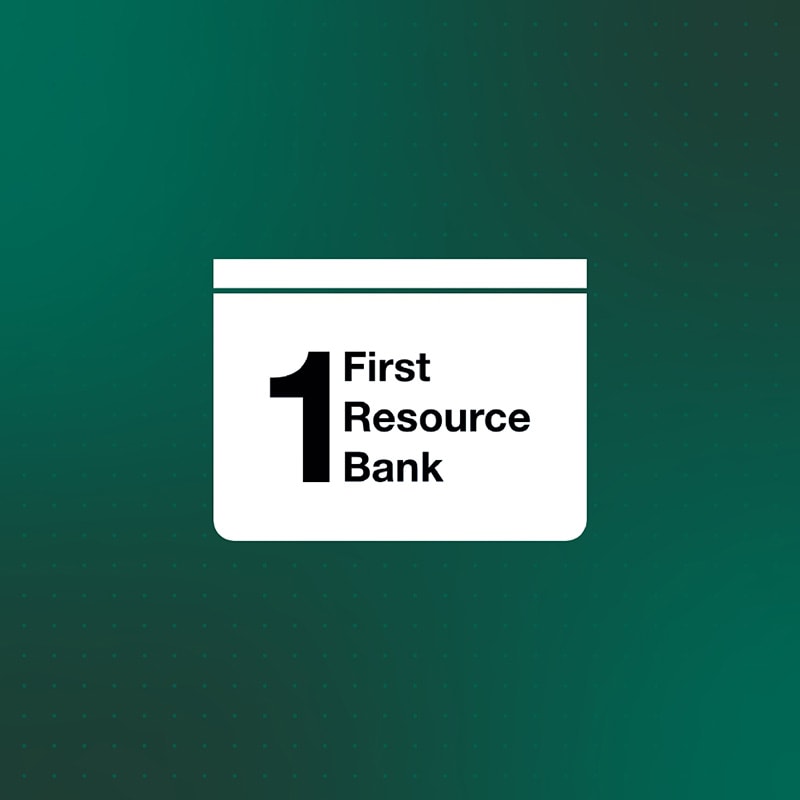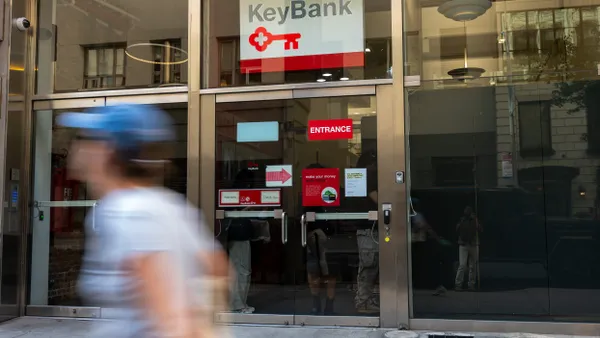A group of former U.S. Bank executives is seeking federal approval to establish VALT Bank, applications submitted to the Office of the Comptroller of the Currency and the Federal Deposit Insurance Corp. on Nov. 13 show.
The proposed bank, headquartered in Eagle, Idaho, will be fully digital and will focus on serving “digitally demanding small to midsized businesses” in the U.S., according to its application.
VALT plans to offer credit and deposit products as well as treasury and cash management services, and plans to provide clients with SMB-focused automation solutions.
The bank will be led by proposed director, CEO and President Matt Gediman, whose nearly two-decade U.S. Bank career culminated in three years as a managing director in the bank’s private wealth management business.
“When we refer to ‘digitally demanding SMBs,’ we mean revenue-generating small and midsized businesses that use technology across their daily operations and expect the same level of technological fluency from their financial service providers,” Gediman told Banking Dive via email Monday.
These are traditional businesses, he added – not tech firms or crypto companies. VALT does not plan to interact with digital assets.
“Our customers are established SMBs that simply expect modern, reliable, integrated digital banking,” he said.
“[O]ur model is designed to support them by making banking uncomplicated, accessible, and integrated with digital tools to run their businesses more efficiently,” he said.
Former U.S. Bank Vice Chairman John Elmore is VALT’s proposed executive chair and Ross Carey, former U.S. Bank EVP of business banking and SBA division, is its proposed vice chair.
Kim Hoyt, attorney at Salem, Oregon-based law firm Garrett Hemann Robertson, and Dana Johnson, president and chief investment officer at single-family office MidAmerica Capital Partners, are VALT’s additional proposed directors.
The OCC declined to comment on the application, and the FDIC did not respond immediately to a request for comment. But the heads of both agencies have recently spoken in favor of increased de novo chartering.
Comptroller of the Currency Jonathan Gould told Banking Dive last month that one of his major goals while at the helm of the OCC is “invigorating de novo chartering in America.”
Acting FDIC Chair Travis Hill noted earlier this year that new bank formation has “fallen off a cliff” in recent years. At the American Bankers Association’s Washington Summit in April, he noted that 412 new banks were formed in 1984 alone, and that the lowest number of new banks established in any year between 1995 and 2007 was 93.
By comparison, just 86 new banks have been formed since 2010, Hill said, and more than half of them came between 2019 and 2022 when Trump appointee Jelena McWilliams ran the FDIC.
The OCC and the FDIC have received a number of bank applications since President Donald Trump took office again in January. Applicants including Coinbase and Stripe-owned Bridge seek national trust charters, which do not allow for lending or taking insured deposits.
One bank – Erebor Bank, which applied for a de novo charter in June – has received conditional approval under Gould’s leadership. Its conditional approval was granted in October.
The OCC leasing manual indicates that the agency should make decisions on a charter application within 120 days of receiving it, lining VALT up for an answer by mid-March.
Gediman, for VALT’s part, said the team’s intention is to “build a safe, well-governed institution that meets the needs of modern business owners through a unique digital-first experience.”














